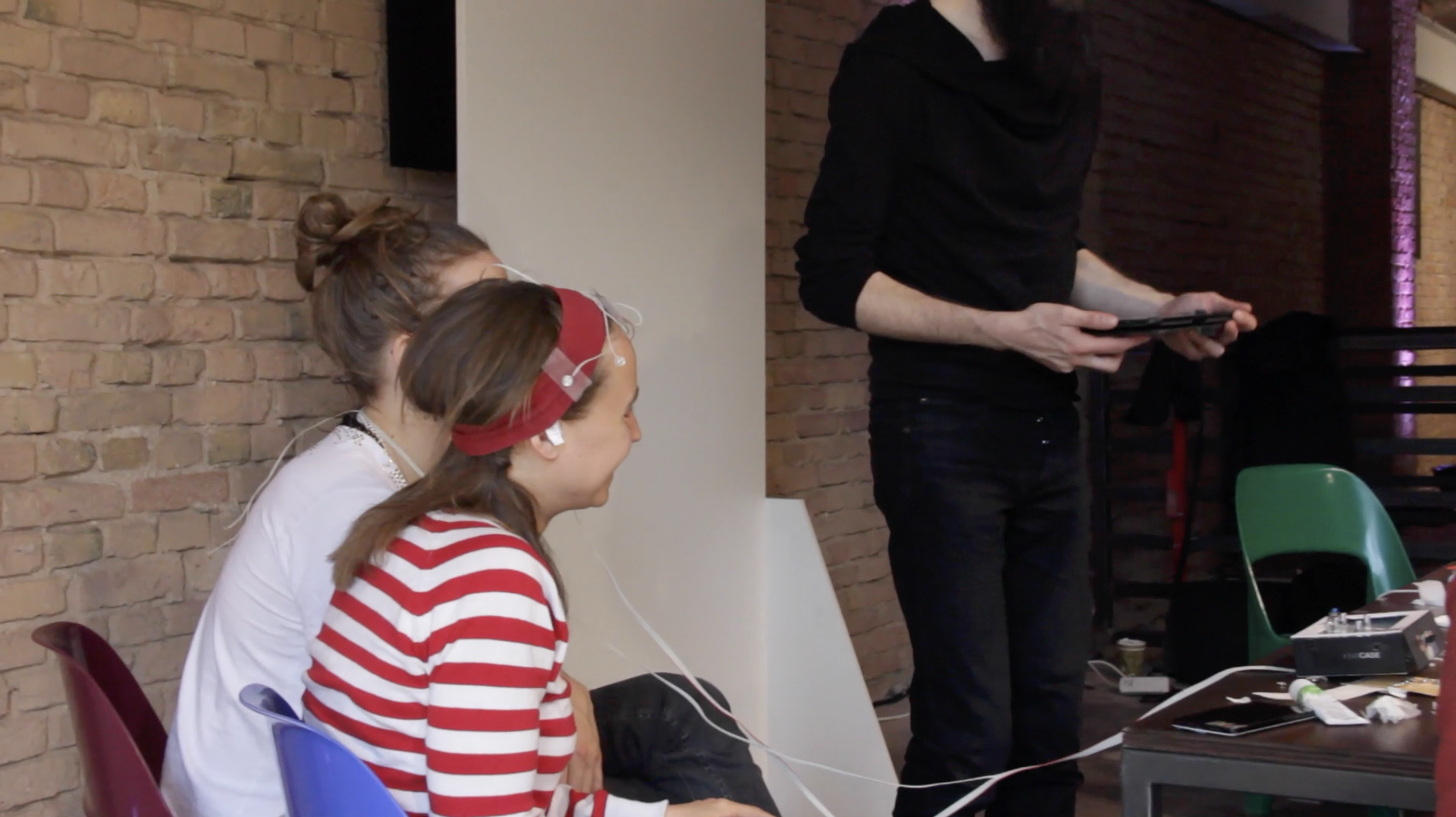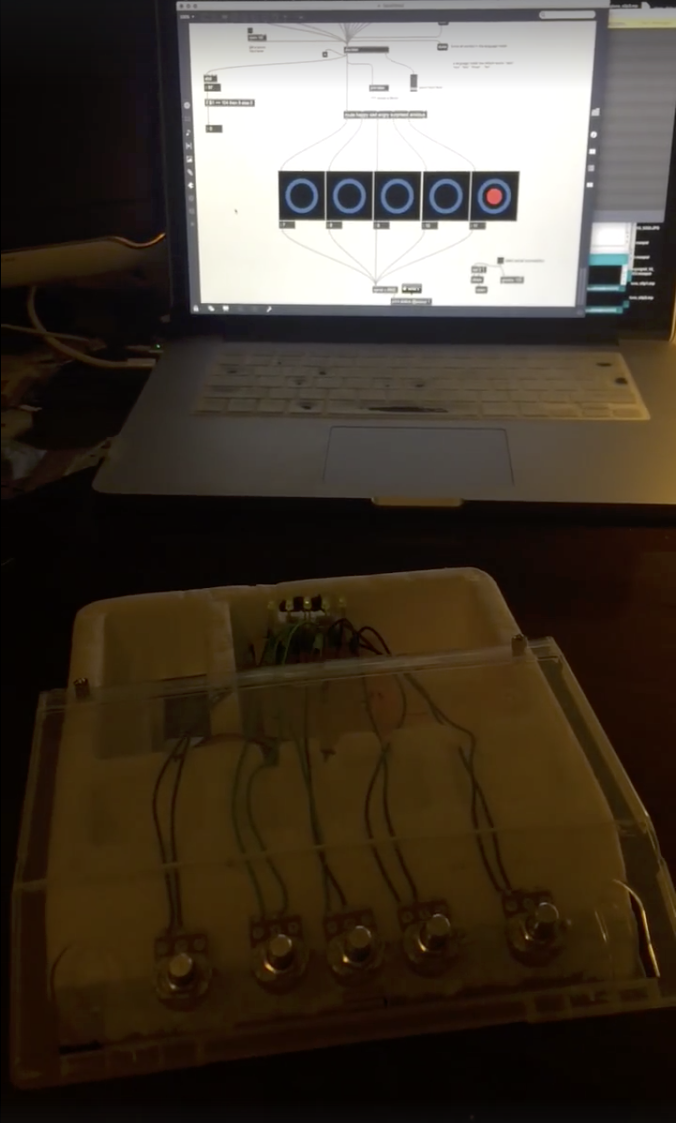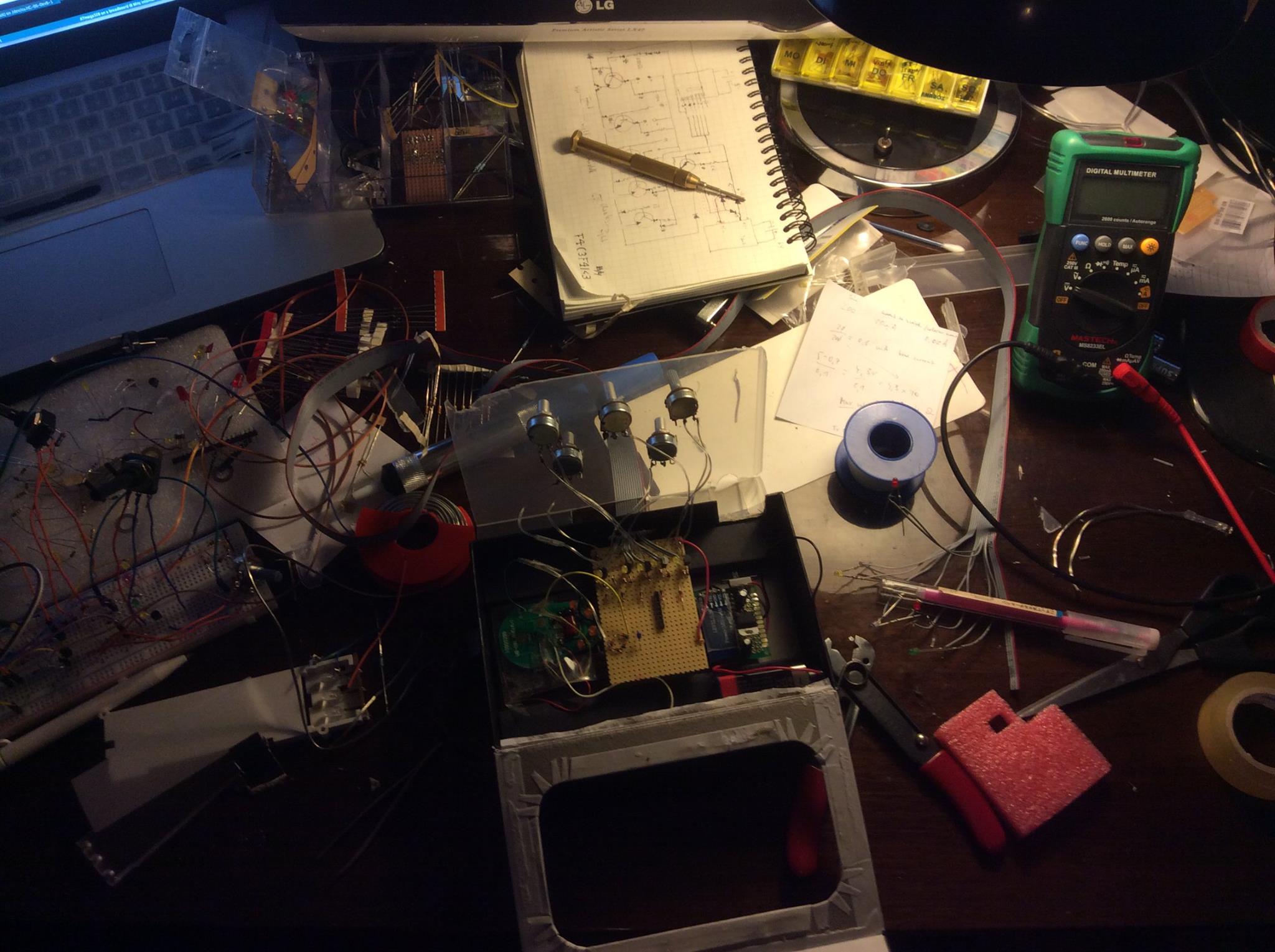Face Fake
in cooperation with Internil, re:publica/performasion Berlin 2016
In 2016, during re:publica/performasion, I developed a performative workshop that explored
the complex entanglement between human emotions and technology.
Re:publica is one of Europe’s premier conferences at the intersection of digital culture,
society, and technology, bringing together thinkers, artists, and activists to engage with
how technological advances shape our society.
The workshop emerged as a
response to the politically charged climate of 2016, marked by the rise of Trumpism
and a surge of misinformation, where social media had become
both the catalyst and the source of profound ideological shifts.
As algorithms,
trends, and viral content increasingly dictated emotional responses online, the project metaphorically
and practically demonstrated the connection between human emotions and technology-driven
manipulation.

This reversed the typical function of sentiment analysis: instead of detecting emotions through
facial expressions, the system imposed expressions on participants based on spoken inputs such as "angry,"
"happy," "surprised," or "sad." Electrodes attached to facial muscles triggered involuntary expressions in
response to these commands.
The concept of "remote emotion control" highlighted the extent to which our emotional output
can be dictated or simulated by external technological interventions and raised questions about the
boundary between authentic emotional responses and
those artificially induced by technology.
This not only had implications for performance and acting, where
such tools could potentially enhance or manipulate an actor's delivery, alluding to a dystopic
future of "digital humans" but also posed larger questions about
authenticity, agency, and the growing role of technology in shaping our emotional landscapes.
By reversing the sentiment analysis process, the workshop also critiqued how technology often reduces
complex emotional experiences into simplistic, measurable data points for purposes like marketing,
surveillance, and social media interaction. Rather than merely observing our emotions, these technologies
actively shape them, much like the participants' faces were being shaped by commands beyond their control.

By hacking the TENS device to trigger specific facial expressions, the project created a direct, visible
link between linguistic input and emotional output. This established an immediate physical feedback loop,
revealing the cyclical nature of emotion manipulation in digital spaces. Like the echo chambers of social media,
where emotional reactions are heightened and reflected back through algorithms, the system I built showed how
technology enforces its own logic. The technical setup could only recognize preset categories, such as "happy" or
"angry," and would interpret and return data within those constraints. This creates a closed system, unable to
detect emotions outside of predefined classifications. In this way, the device not only amplifies limited aspects
of emotional expression but also "misreads" input that doesn't align with its predefined metrics, reinforcing a
self-contained and rigid emotional framework. This mirrors how digital technologies filter and categorize our
emotional lives, subtly shaping them according to algorithmic logic, often misrepresenting and distorting more
complex emotional realities.
Through the lens of this performative experiment, the project questioned the boundaries between organic and synthetic
emotional responses. It suggested that in a hyper-connected world, the line between what we feel and what we are made
to feel by technology is becoming ever more blurred.
